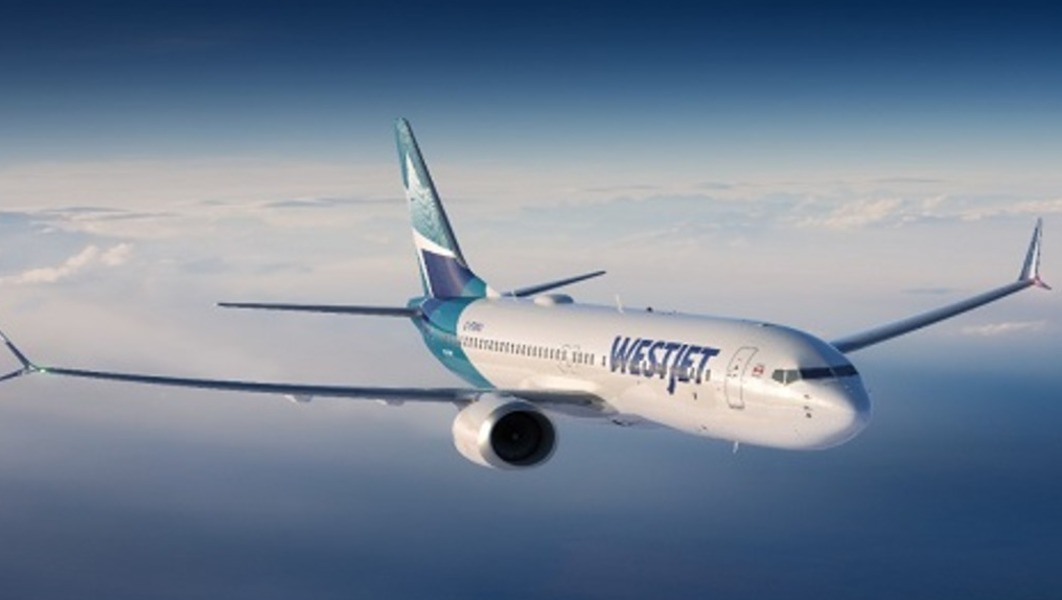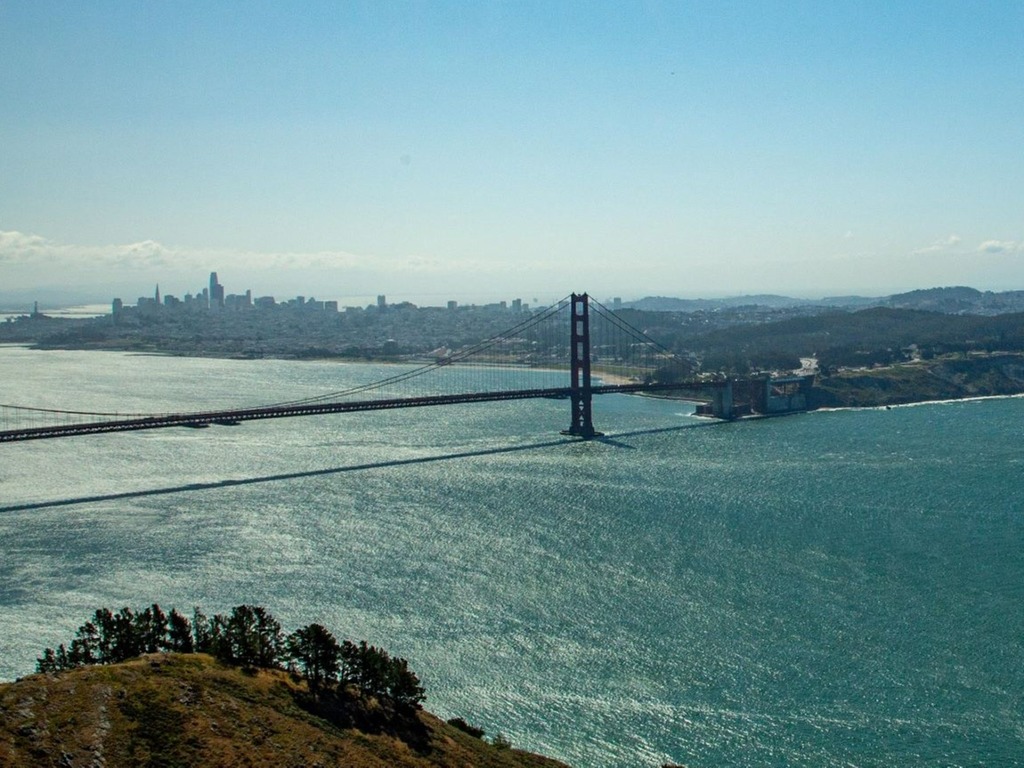End of BC ferry service will hurt tourism: TIABC

The release of the 2013 B.C. Coastal Ferries Engagement Summary Report made public by the Ministry of Transportation last week, announcing significant service reductions and elimination of the Discovery Coast ferry service (Route 40), will have major consequences for the tourism industry and communities throughout the province, says the TIABC.
“Our industry is extremely disappointed with the news that this ferry service is being discontinued. The ‘circle’ route connecting Vancouver, Port Hardy, Bella Coola with the Cariboo Chilcotin is one of BC’s most scenic journeys that attracts tourists from around the world,” said Ian Robertson, executive director of the Tourism Association of BC (TIABC).
He added, “The timing of this announcement couldn’t have been worse. Tourism operators in these regions have been receiving bookings for the 2014 season for months, and now they will have to be cancelled. This decision means that they will definitely lose revenue and jobs — and many may lose their businesses. We were hopeful that there would have been more meaningful collaboration and dialogue with the government on how cutting this ferry service could have been avoided. We expected, at a minimum, that we would be able to work with the Ministry on an appropriate implementation date that would spare our operators and their customers at least for this year’s tourism season.”
Robertson said that the government’s proposal to partially service the Inside Passage’s Route 10 with the much smaller vessel, the Nimpkish, is not an attractive solution for tourists and is no substitute for Route 40 service.
“That ferry can only carry 16 vehicles and 130 passengers. It has no lounge and passengers will be limited to the open deck or sitting in their vehicles for the approximate eight-hour journey,” says Robertson.
Additionally, “while there is some service for small coastal communities on the Inside Passage, it absolutely does nothing to address cutting off Northern Vancouver Island from the Northern Mainland,” and will discourage tourists from visiting those two distinct parts of the province. He noted that tourists would be unlikely to traverse highways back and forth, both up Island and on the Mainland, as doing so would effectively double the distance they would travel.
TIABC and its stakeholders are willing to work with government officials and the BC Ferry Corporation on viable solutions that will support the tourism industry.


